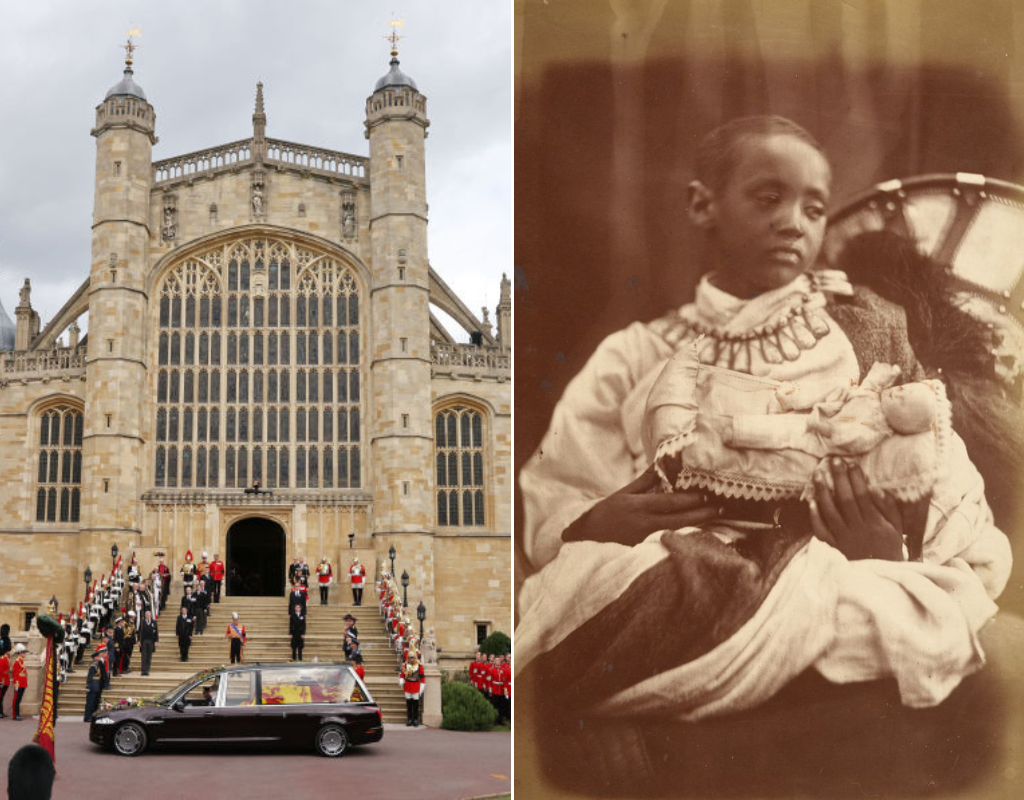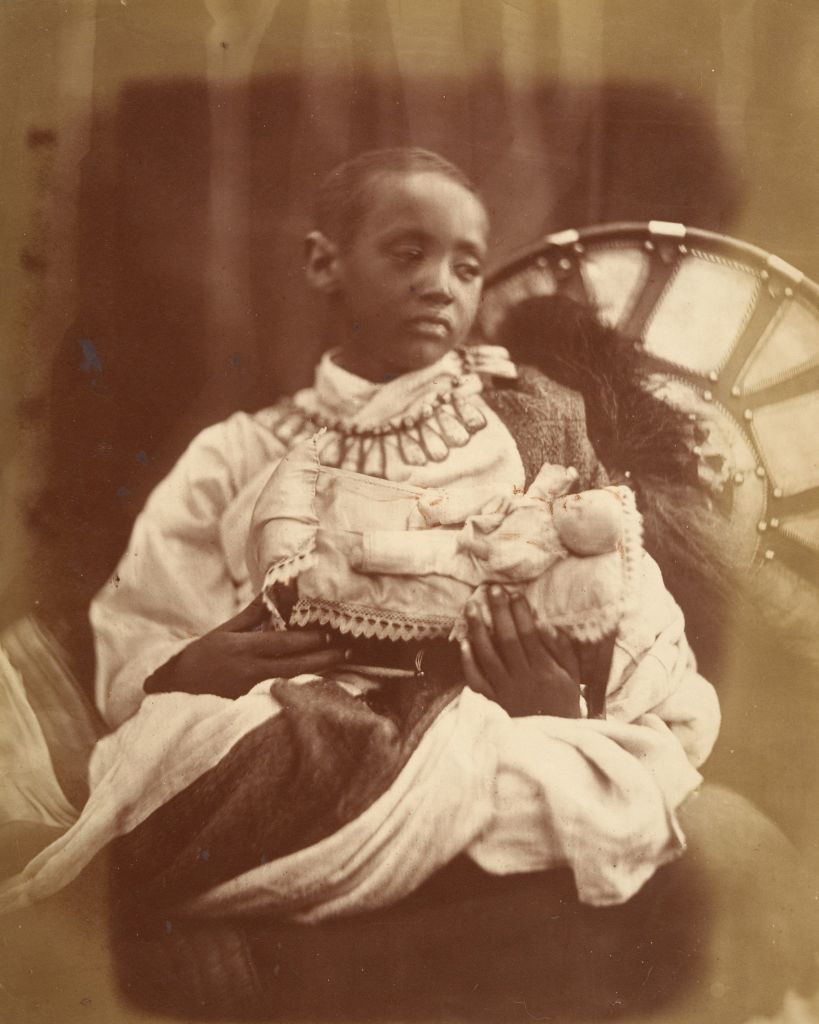Amid growing calls that the British Royal Family return jewels and artifacts that were once seized in the name of imperialism, Buckingham Palace says it will not be returning the remains of a teenage prince to Ethiopia.

There has been a repeated and ongoing request to repatriate the remains of Prince Dejatch Alemayehu of Abyssinia, who was taken from his home — an area that includes modern-day Ethiopia — at just seven years of age and died as a teenager in England.
However, it’s reported the palace has declined the request, saying that exhuming the prince’s remains at Windsor Castle could disturb the remains of others buried nearby.
“It is very unlikely that it would be possible to exhume the remains without disturbing the resting place of a substantial number of others in the vicinity,” the palace said in a statement to the BBC, adding that the “Dean and Canons of Windsor are very sensitive to the need to honour the memory of Prince Alemayehu.”

Get daily National news
Prince Alemayehu, a claimed descendant of the biblical King Solomon, was taken to England in 1868 after British soldiers looted his father’s mountain fortress during the Battle of Magdala. His father, Emperor Tewodros II, took his own life following the battle, refusing to become a prisoner of the British.
Despite his orphan status eliciting sympathy from Queen Victoria, reports from the time paint a grim, unhappy and lonely childhood for a prince removed from his home and loved ones. He was supported financially by the Crown, and attended elite schools, but died of pleurisy at the age of 18.
At the time of his death, Victoria wrote in her diary: “Very grieved and shocked to hear by telegram, that good Alemayehu had passed away this morning. It is too sad! All alone, in a strange country, without a single person or relative, belonging to him…His was no happy life.”
He was buried at St. George’s Chapel at Windsor Castle.

“Emotionally, most people who get to know Alemayehu’s story feel his remains should be returned. He made it so clear before he died that he wanted to go back,” Andrew Heavens, who wrote about the prince’s story in The Prince and the Plunder, told NBC News.
Jeremiah Garsha, an expert in the looting of human remains at University College Dublin, told NBC there’s no doubt the prince was stolen.
“He was, he was kidnapped,” he said. “You have a minor coming to another country as an orphan after his mother dies and then he himself dies at 18 — something should feel wrong about that. He’s looted as well, like all the other curios and treasures that were taken.”
According to The Guardian, the campaign to repatriate the prince’s remains gathered steam in 2006, when the Ethiopian president wrote to Queen Elizabeth II asking for the remains to be exhumed.
Many other countries have long petitioned for the return of a wide variety of items — including cultural artifacts, jewels and other items of wealth — that they consider stolen by Britain and the Royal Family during the colonial era.
- At least 16 files have disappeared from the DOJ webpage for documents related to Jeffrey Epstein
- Australia plans tougher laws against displaying extremist flags after Bondi shooting
- Democrats mock Trump’s Patriot Games, compare it to ‘The Hunger Games’
- Epstein files: U.S. DOJ says more to come after 1st batch released











Comments